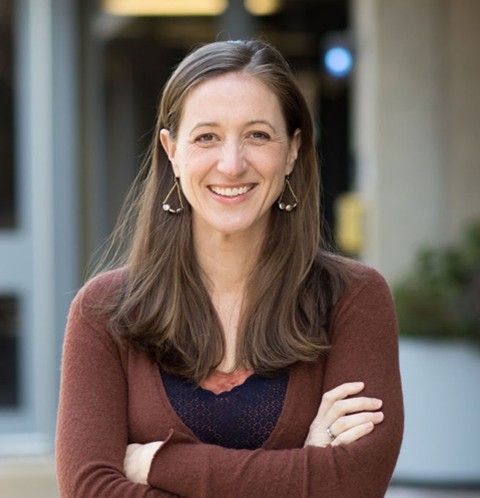|
WERA/OSPI 2025 Annual Conference
Keynote Presenters
Thursday Keynote: Dr. Amy Hawn Nelson
Research Faculty and Director of Training and Technical Assistance
for Actionable Intelligence for Social Policy (AISP), U. Penn  Amy Hawn Nelson is Research Faculty and the Director of Training and Technical Assistance for Actionable Intelligence for Social Policy (AISP), an initiative of the University of Pennsylvania that helps state and local governments collaborate and responsibly use data to improve lives. She has provided in-depth Technical Assistance in support of cross-sector data integration to 30+ sites across the US, including the development of 100+ data sharing agreements, and serving as an investigator on 25+ studies using integrated data to evaluate program and policy outcomes. Prior to joining AISP in 2017, Dr. Hawn Nelson was a teacher and administrator for 11 years in the Charlotte-Mecklenburg School District and the Director of Social Research for the UNC Charlotte Urban Institute and Director of an integrated data system (IDS) in the Charlotte region. She is the lead author of A Toolkit for Centering Racial Equity Throughout Data Integration (2025) and Finding a Way Forward: How to create a strong legal framework for data integration (2022). She is a community engaged researcher and has presented and written extensively on data integration and intersectional topics related to educational equity. Friday Keynote: Dr. Dylan Wiliam
Emeritus Professor of Educational Assessment at
|

